Baby Shampoo method for the perennial bed?
chueh
10 years ago
Related Stories

LIFETrue Confessions of a House Stalker
Letting go when a new owner dares to change a beloved house's look can be downright difficult. Has this ever happened to you?
Full Story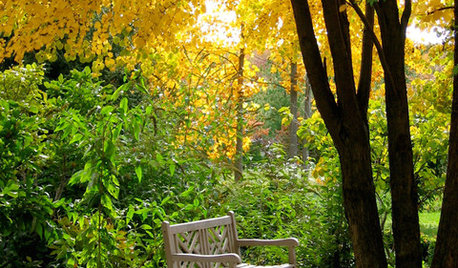
GARDENING GUIDES8 Plants for a Deliciously Fragrant Fall Garden
Scent the autumn air with the perfume of caramel corn, honey and spices by adding these intoxicating plants to your landscape
Full Story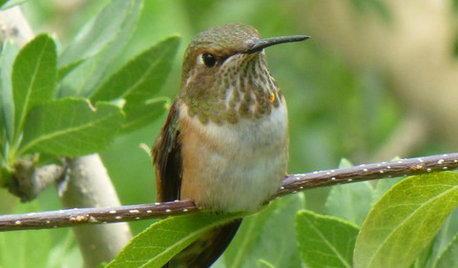
GARDENING GUIDES8 Flowers That Hummingbirds Adore
To draw those mesmerizing little birds to your garden or doorstep, plant these flowers that are attractive in more ways than one
Full Story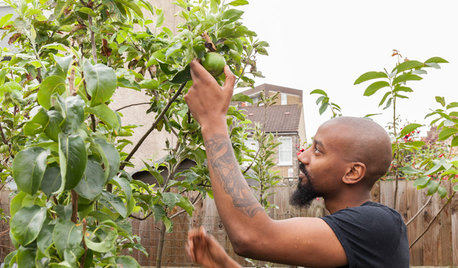
GARDENING GUIDESLush, Foodie Abundance in a Small Urban Garden
This modest backyard garden provides its owner with fruit and vegetables all year round, thanks to an innovative low-maintenance approach
Full Story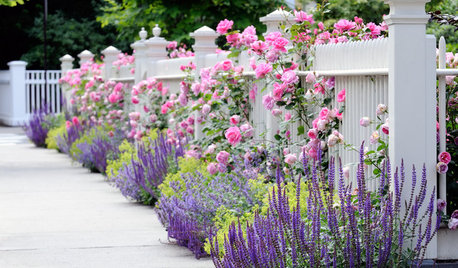
GARDENING GUIDES10 Tips to Start a Garden — Can-Do Ideas for Beginners
Green up your landscape even if you're short on time, money and knowledge, with these manageable steps for first-time gardeners
Full Story
TINY HOUSESAdventure Seekers Hit the Road in a Cozy School Bus Home
Wood floors, butcher block countertops, custom furnishings and LED lights make life on the road feel like just another stylish day at home
Full Story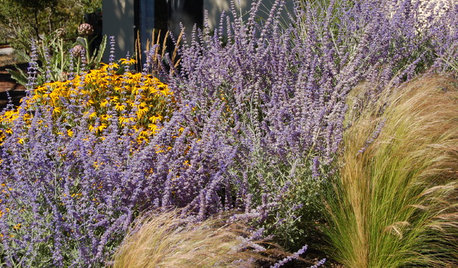
CALIFORNIA GARDENINGSouthern California Gardener's November Checklist
Sow wildflower seeds while ye may, give berries some love and pay attention to produce for garden veggies all winter long
Full Story0
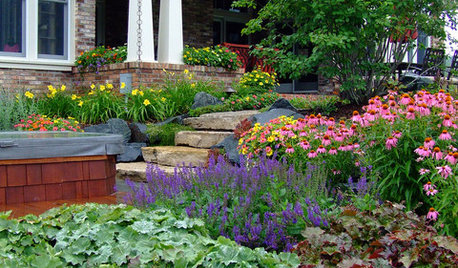
INSIDE HOUZZInside Houzz: New Data Offer Insights on Landscaping Trends
Homeowners are looking to manage water and add more enjoyment to their landscapes, according to a new Houzz survey
Full Story
LANDSCAPE DESIGNGet Along With Less Lawn — Ideas to Save Water and Effort
Ditch the mower and lower your water bill while creating a feast for the eyes with diverse plantings and gathering places
Full Story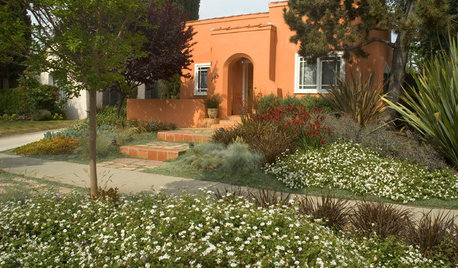
GREAT HOME PROJECTSHow to Replace Your Lawn With a Garden
New project for a new year: Lose the turfgrass for energy savings, wildlife friendliness and lower maintenance
Full StoryMore Discussions






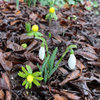
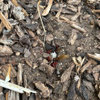


sunnyborders
ken_adrian Adrian MI cold Z5
Related Professionals
Wrentham Landscape Architects & Landscape Designers · Birmingham Landscape Architects & Landscape Designers · Glassmanor Landscape Architects & Landscape Designers · Panama City Landscape Architects & Landscape Designers · Tempe Landscape Contractors · Dickinson Landscape Contractors · Eustis Landscape Contractors · Fort Myers Landscape Contractors · Hannibal Landscape Contractors · New Providence Landscape Contractors · North Canton Landscape Contractors · Oakland Landscape Contractors · Olympia Landscape Contractors · Paterson Landscape Contractors · Ridgewood Landscape ContractorsTexasRanger10
ken_adrian Adrian MI cold Z5
chuehOriginal Author
sunnyborders
ken_adrian Adrian MI cold Z5
mxk3 z5b_MI
chuehOriginal Author
laceyvail 6A, WV
funnthsun z7A - Southern VA
nandina
gardengal48 (PNW Z8/9)
sunnyborders
TexasRanger10
diggerdee zone 6 CT
nandina
sunnyborders